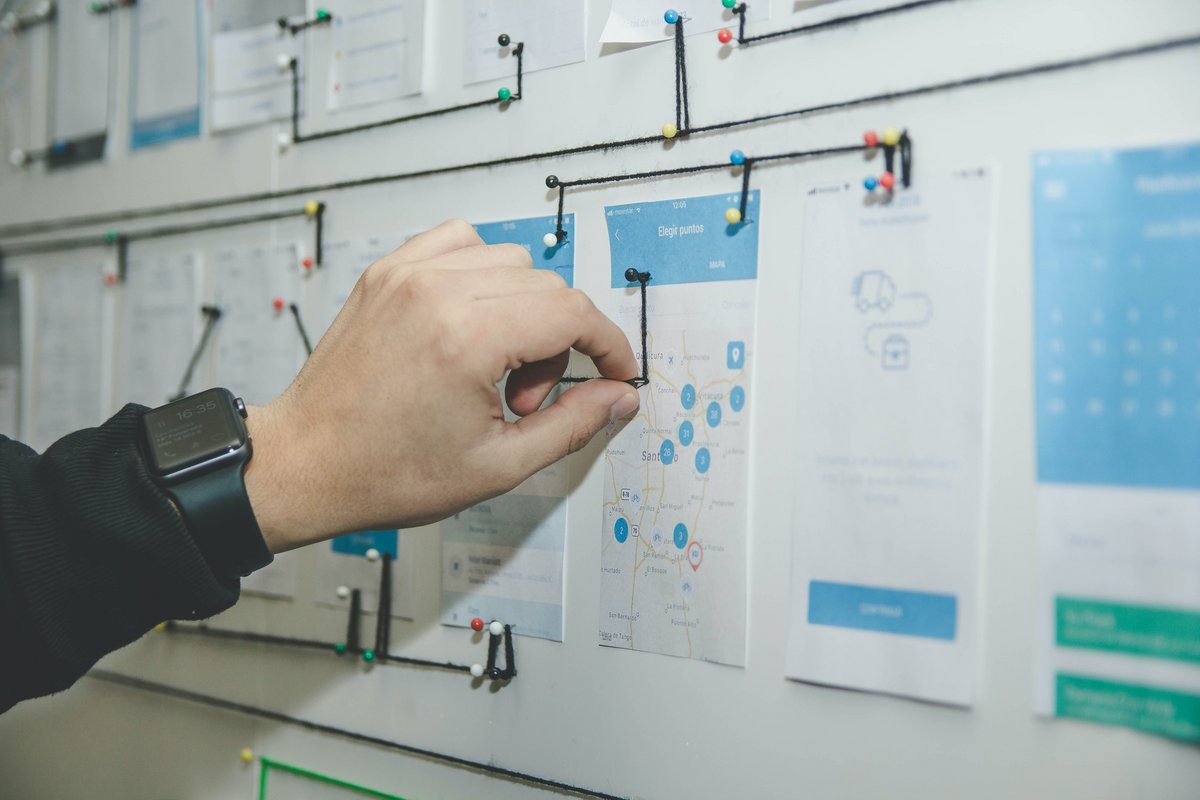Here you can find an overview of the research projects that take place in the GameLab or in close cooperation with the GameLab.
CRC Serious Gaming Initiative
The proposed Collaborative Reasearch Center (CRC) is concerned with practices of serious gaming. That is, we explore and investigate gaming practices and see how they can be shaped and analyzed between the dynamics of gamification and workification. In doing so, we do not limit ourselves to digital games, but also aim to show that serious gaming is practiced in many places and situations.
The planned CRC initiative is an interdisciplinary research facility in which projects and researchers from the humanities and natural sciences (cultural, media, literary and art studies; health, sports and computer sciences, economics, sociology, history and psychology) come together to explore gaming practices and dynamics of workification and gamification from different perspectives. It is mainly based at the University of Konstanz, but collaborates with researchers and laboratories at the Universities of Graz, Göttingen, Bayreuth, Utrecht, Frankfurt am Main, Trier and HU Berlin.
Click here for the website of the SFB Serious Gaming Initiative
Exhibition project: Gaming with disabilities
At least since Microsoft's introduction of the Xbox Adaptive Controller, accompanied by the corresponding inclusion campaign "When everybody plays we all win", accessibility has been ubiquitous not only in social media but also in production, design and marketing strategies of the video game industry. However, just like adaptive controllers or other 'accessible' gaming devices, the issue of accessibility to digital games is by no means new. Since the introduction of personal computers, arcades, and gaming consoles for home use, gamers have developed strategies, devices, cultural techniques, workarounds, and hacks to circumvent the barriers and biases inscribed in the technology and devices and adapt them to their own needs. The discourse on the development of digital games in the history of culture and media, according to a sobering inventory, has, however, been severely underrepresented academically to date.
In this practical seminar, we will develop several interactive exhibits for an exhibition project to be held in July 2023 at the "Turm zur Katz" (Constance). Thematically, the focus will be on the history of "Game Accessibility". On the one hand, the aim of the exhibition is to make various video game dispositives, software hacks, controller modifications or 'Accessible Games' accessible to the public in an interactive and multi-sensory way. On the other hand, it also aims to inform about the history of the difficult relationship between
Gaming with data, datafication of Gaming - Center for Human Data Society
This research project investigates the extent to which data can influence gameplay. For this purpose, the game "League of Legends" is examined to see how, where and when data is generated and how this is reflected in statistics and then consequently "utilized" by players. In addition, third-party programs are also taken into consideration, as the data insight with these varies greatly and can therefore also influence gameplay differently in retrospect.
Social gaming network platform (in preparation)
Within the framework of this network platform, researchers from different disciplines (media science, health science, design theory, game design, psychology, business administration, sociology) and institutions (University of Konstanz, Heidelberg, Exeter, Bayreith, LMU Munich, IU, HFG Offenbach) want to design a multisensory game in which people with different sensory abilities (e.g. auditory, visual, haptic) play together cooperatively.
Sherlook
Under the direction of Prof. Dr. Steffen Bogen, art historian at the University of Konstanz and game designer, students have developed the innovative hidden object game Sherlook, which can now be tried out in a beta version that has not yet been finalized: Playing alongside Sherlock Holmes, his friend Dr. Watson, and Enola, Holmes' younger sister from the Enola Holmes detective series, players are tasked with finding small details from the museum's collection works in the collection presentation. The details are displayed on iPads via an app, and a game round lasts about 30 minutes. Each game is different due to changing puzzle and solution texts. This creates an exciting and sustainable form of playful art education.
You can find more information here.
University Quest
in progress
Lecture Series Serious Gaming WS23
in progress
Trust in online gaming (completed)
In this research project, the processes of trust and mistrust in online gaming were examined using the example of Among Us. For this purpose, the seminars Online Gaming 1 and 2 were used to collect video material that was analyzed media ethnographically with the software Atlas.ti. To conclude the project, in spring 2023 the paper "PROVOZIERTE UNRUHE. Von Störungen und Entstörungen in Among Us" will be published in the Zeitschfrit "Spiel|Formen". More information about the publication can be found here.

